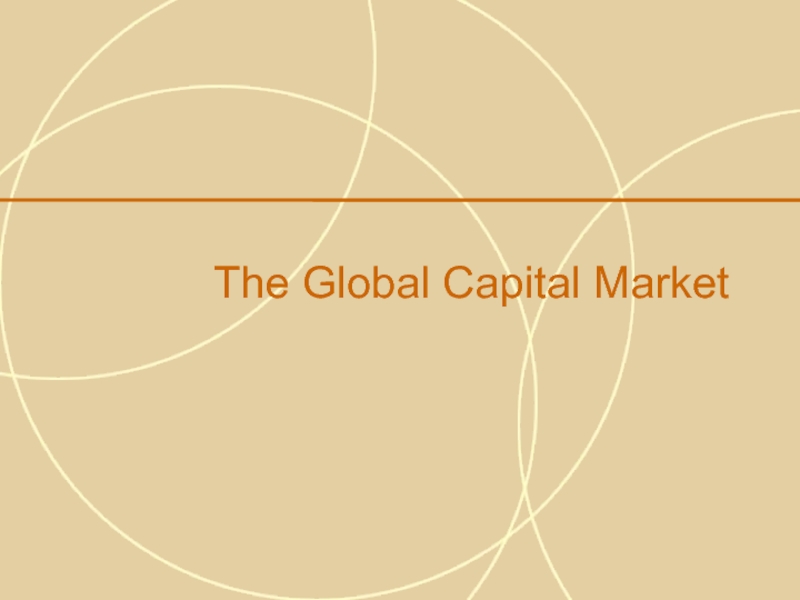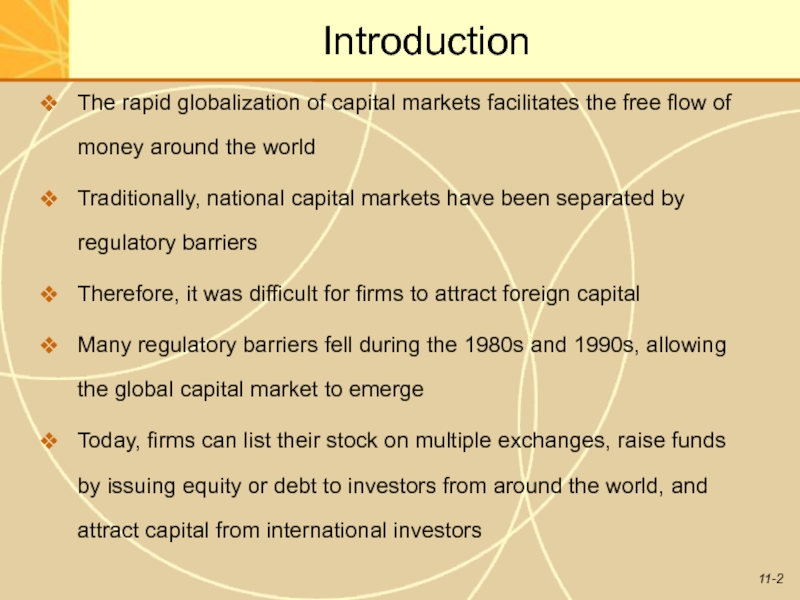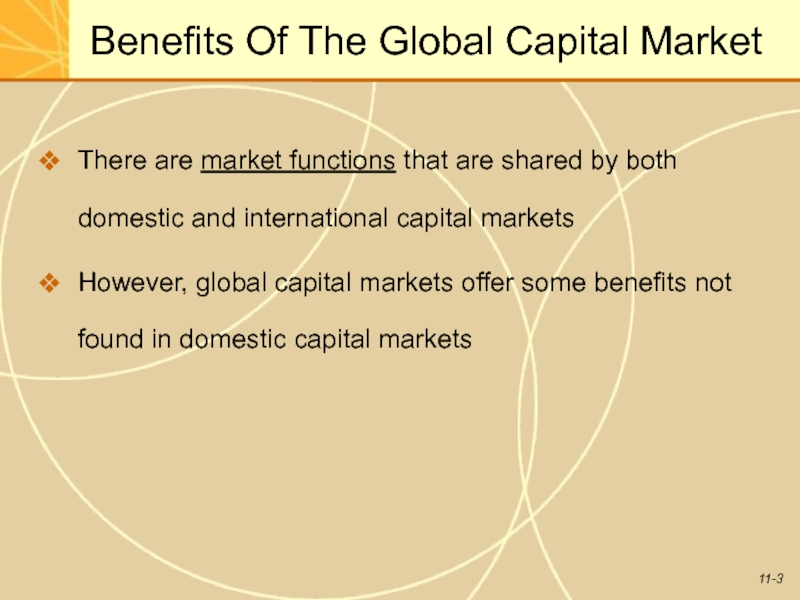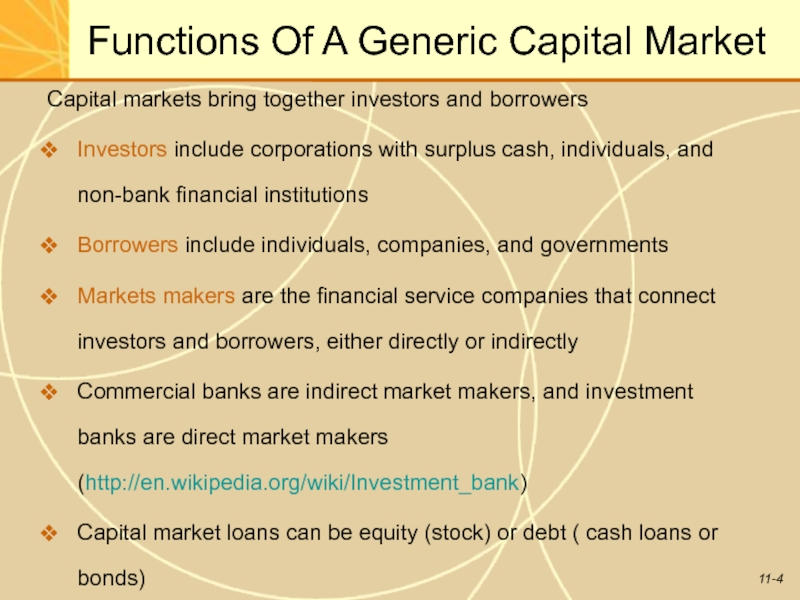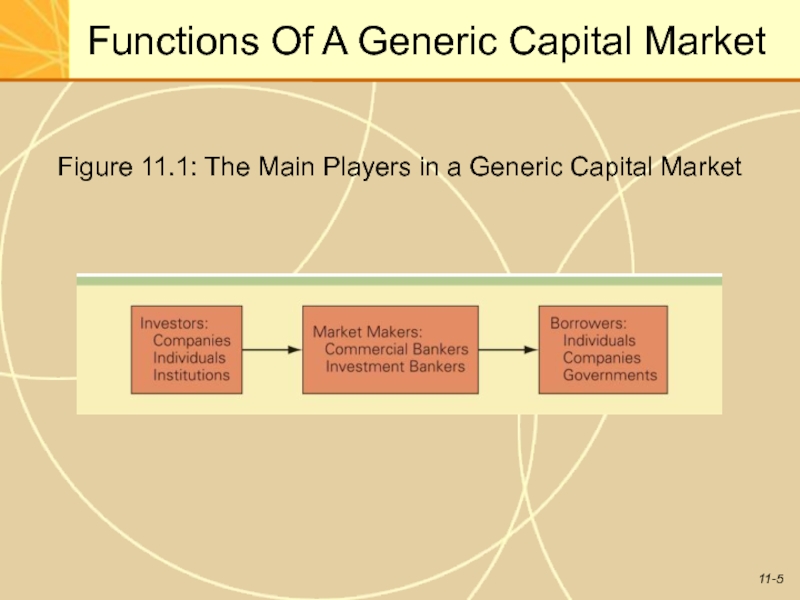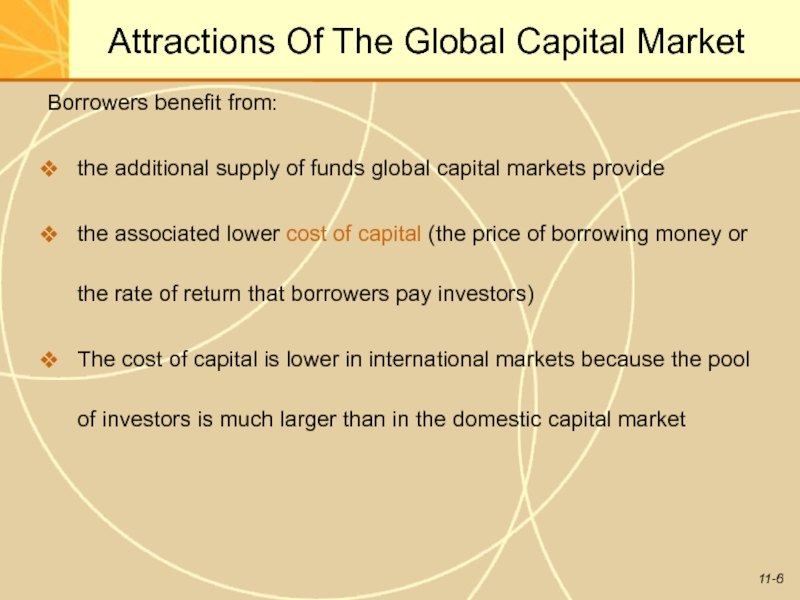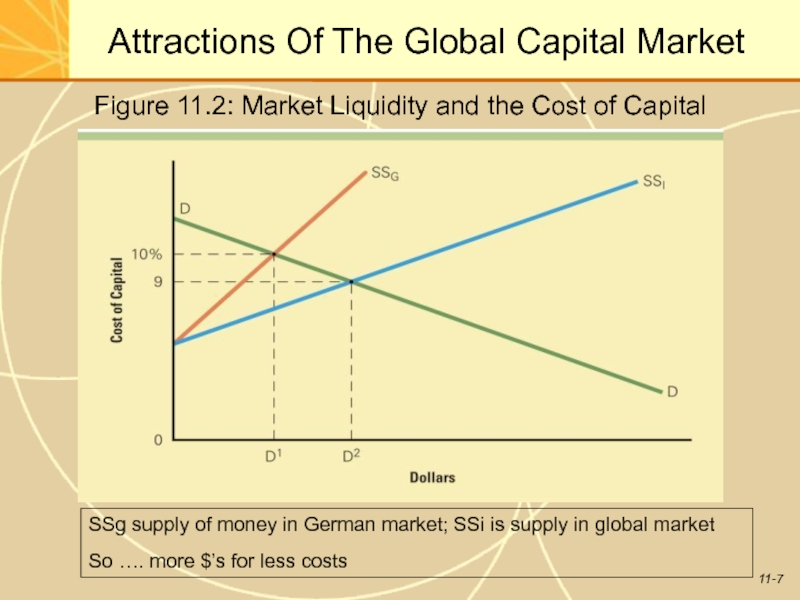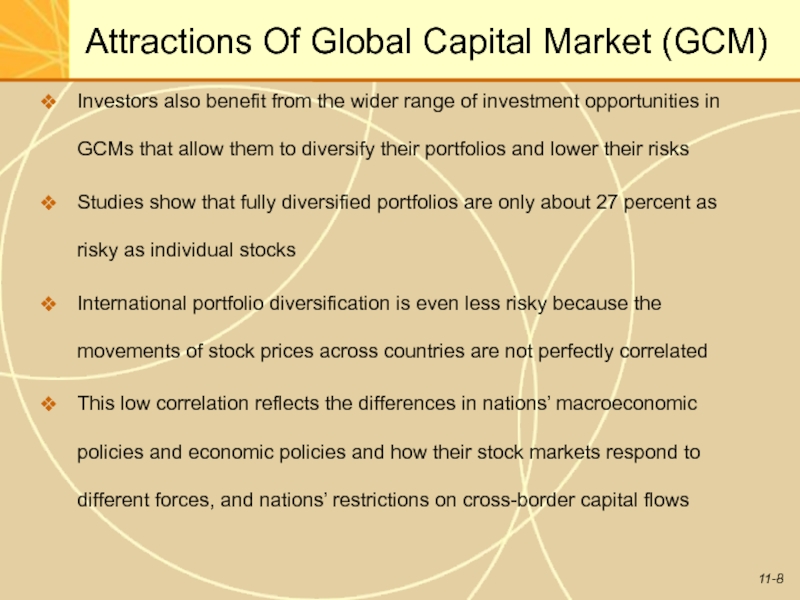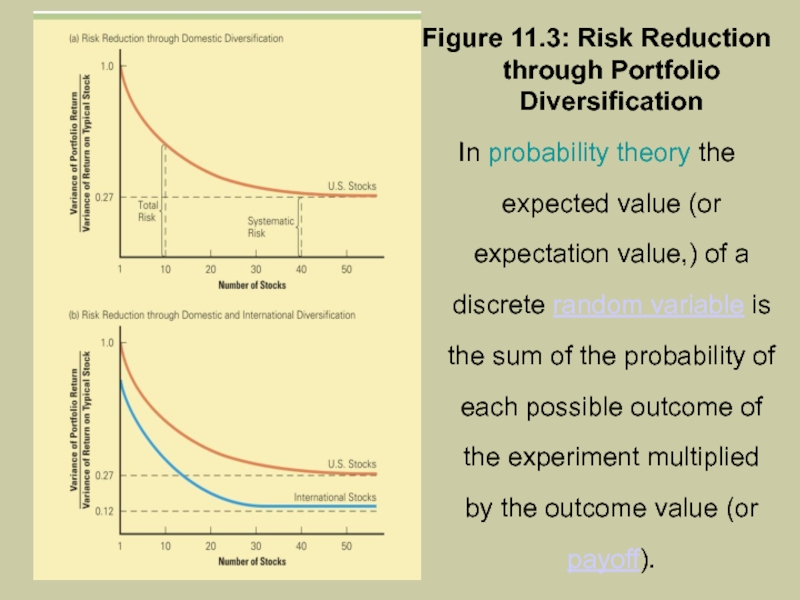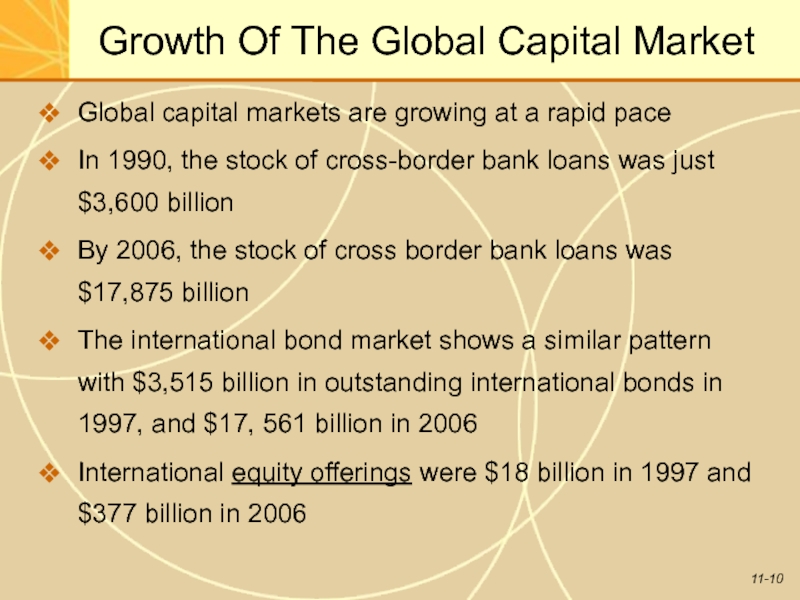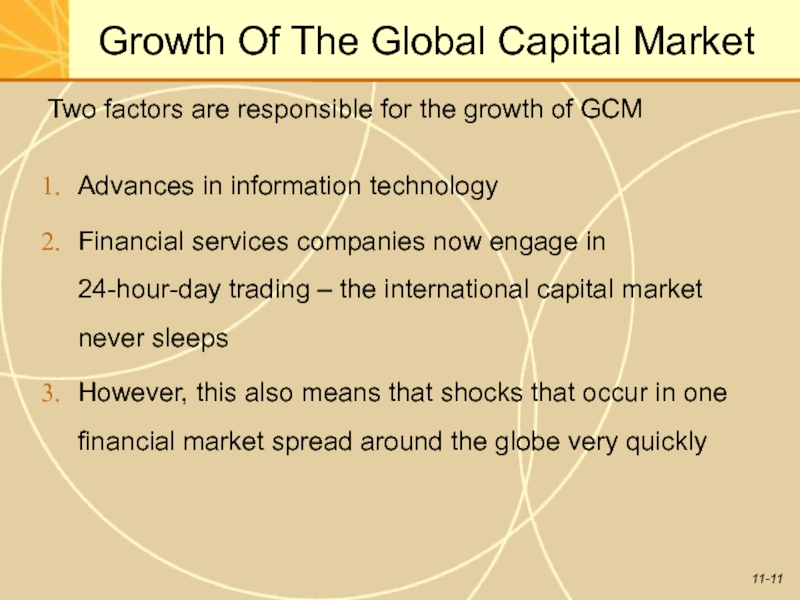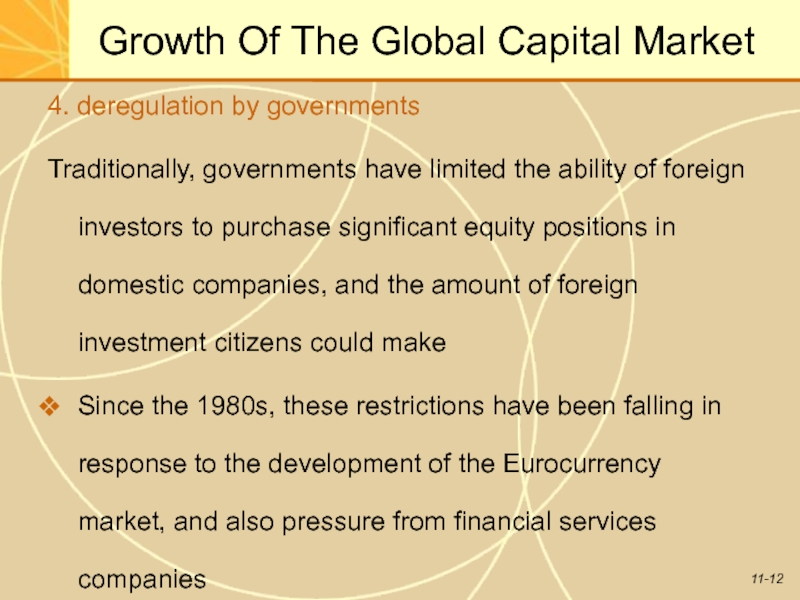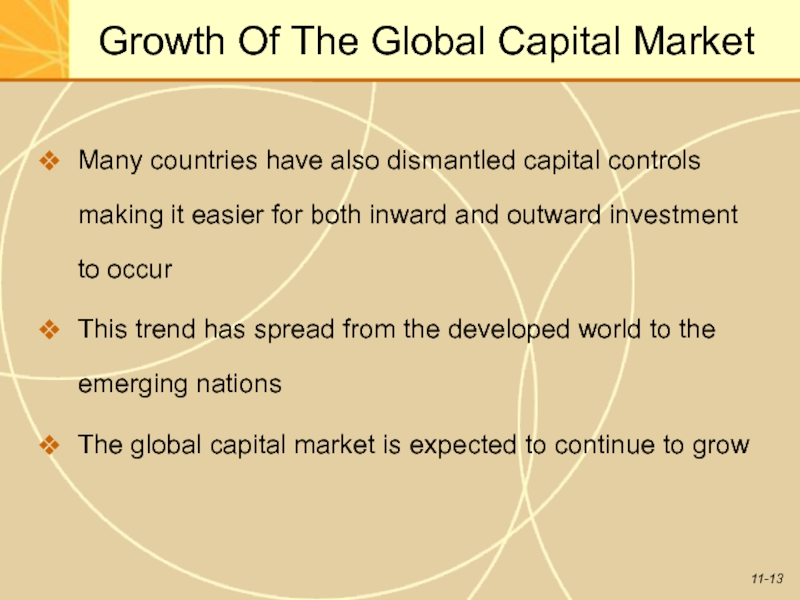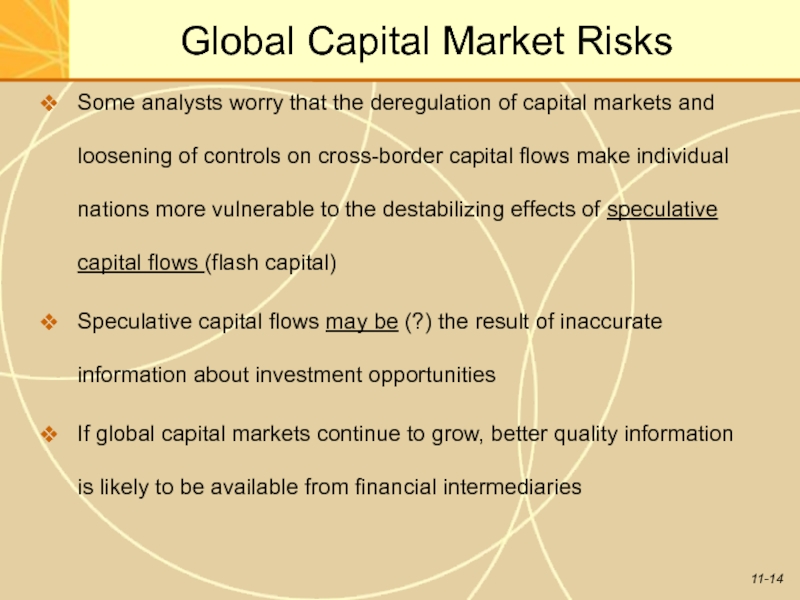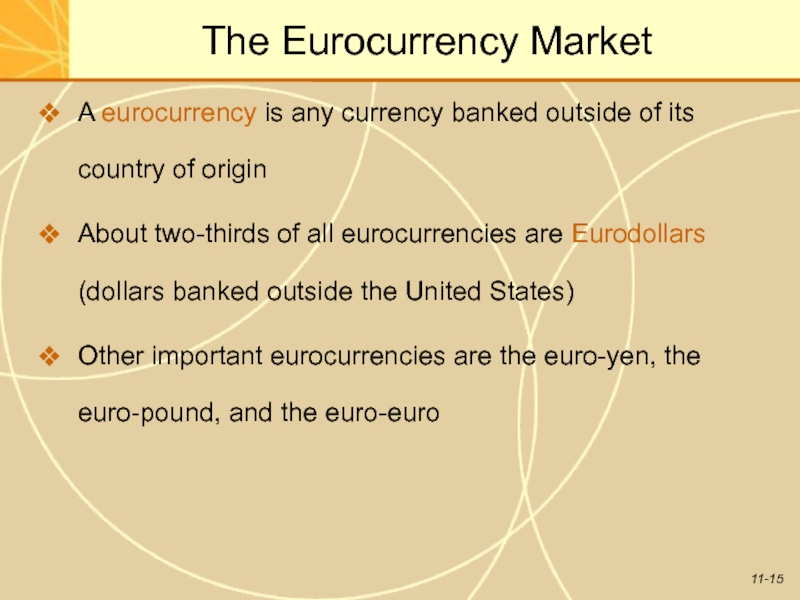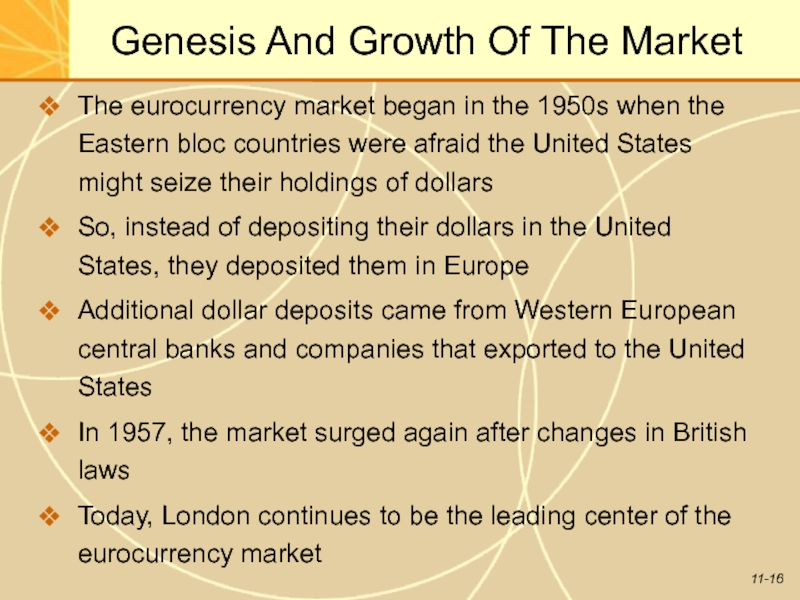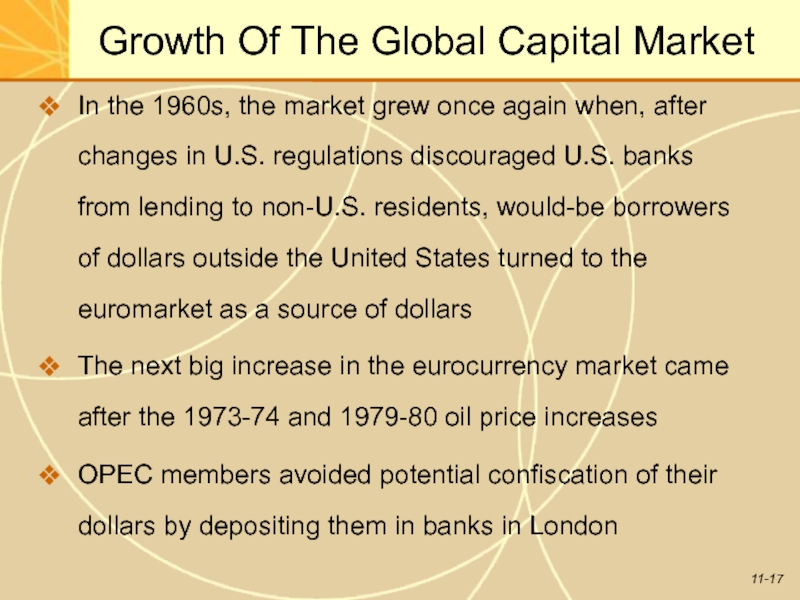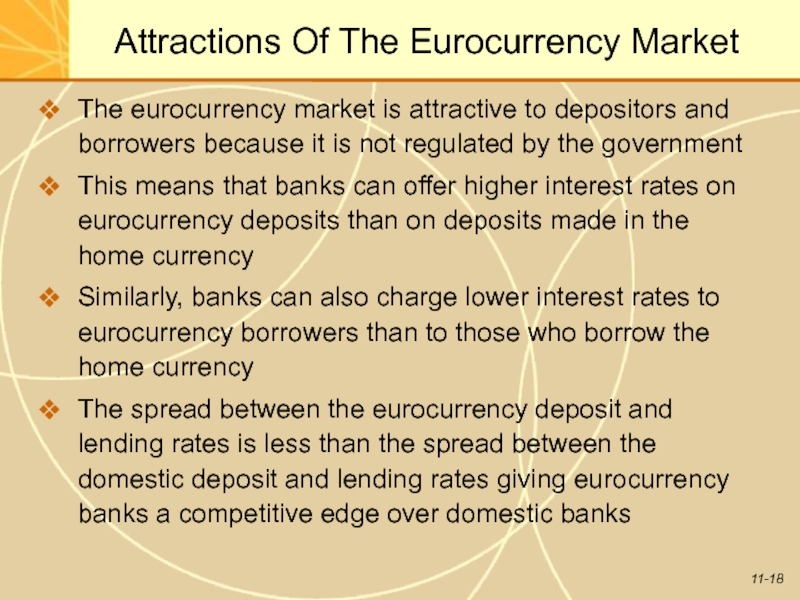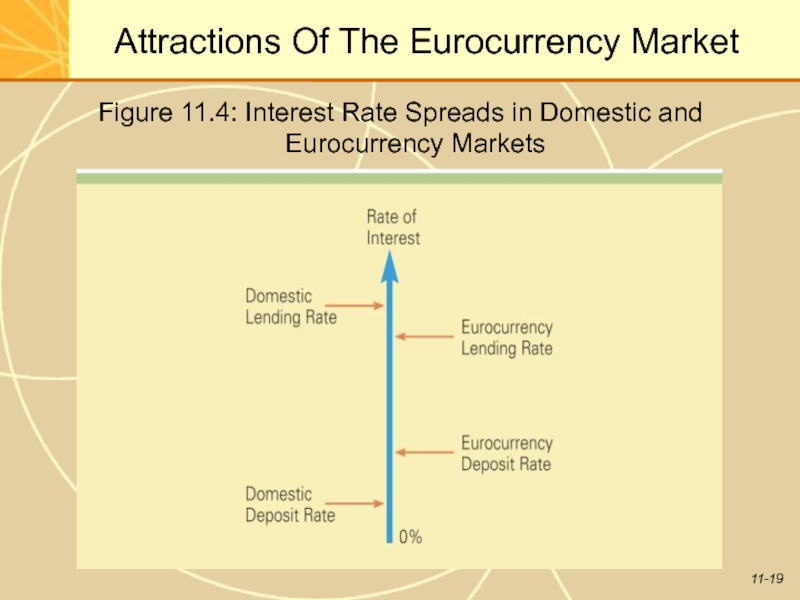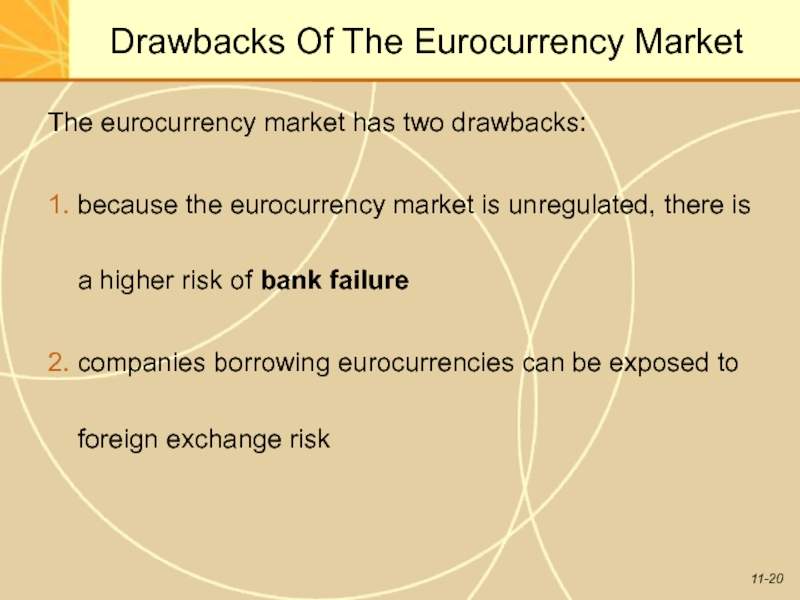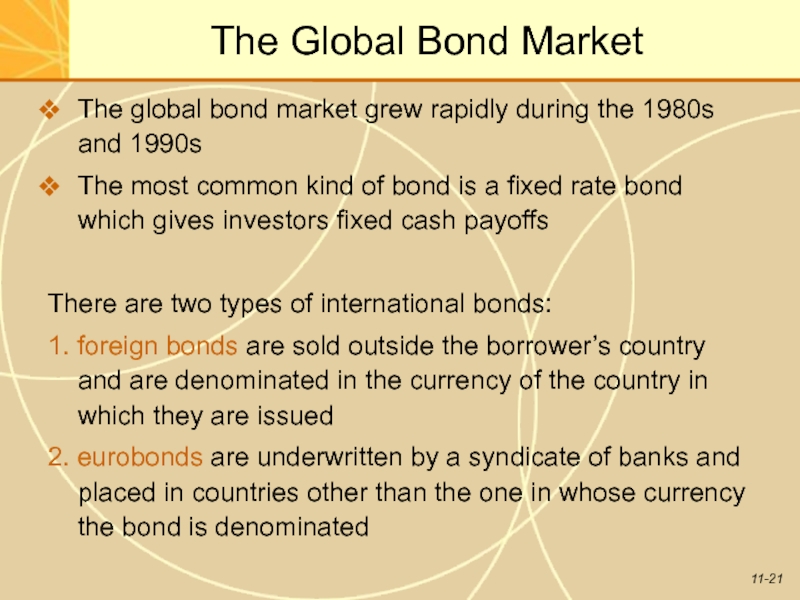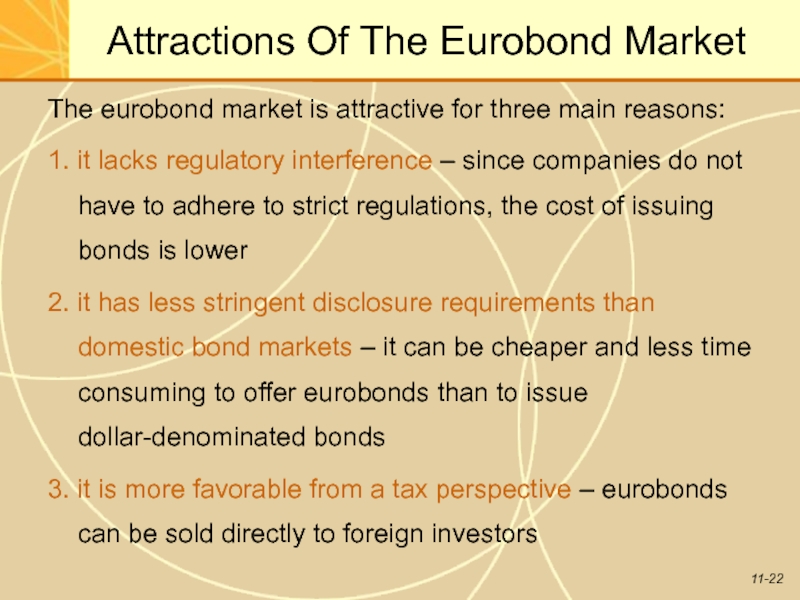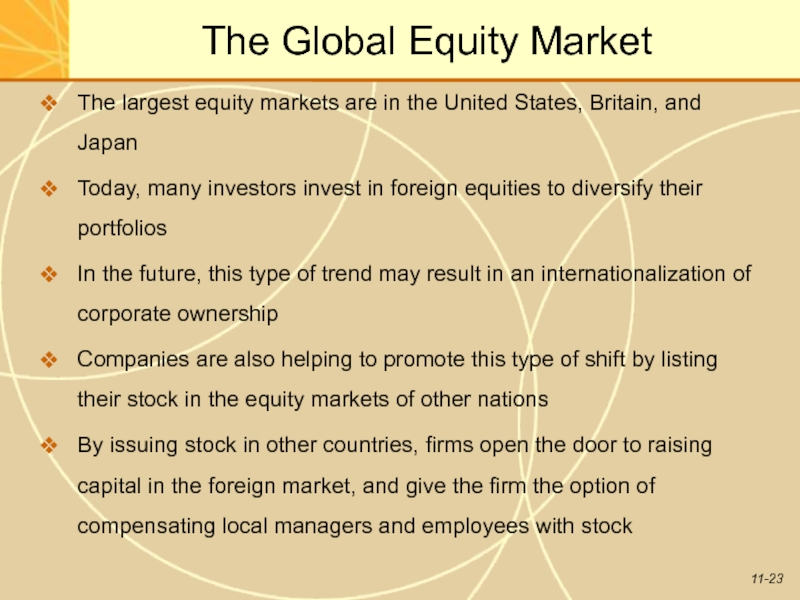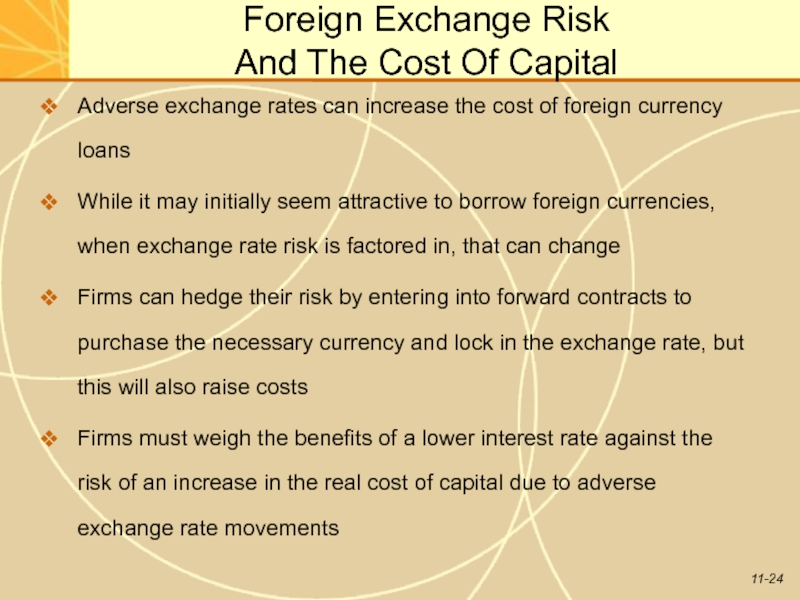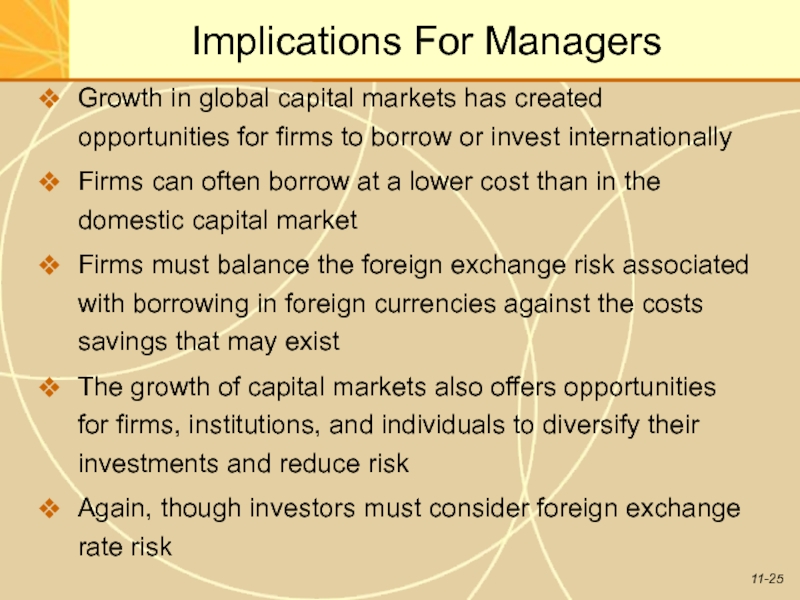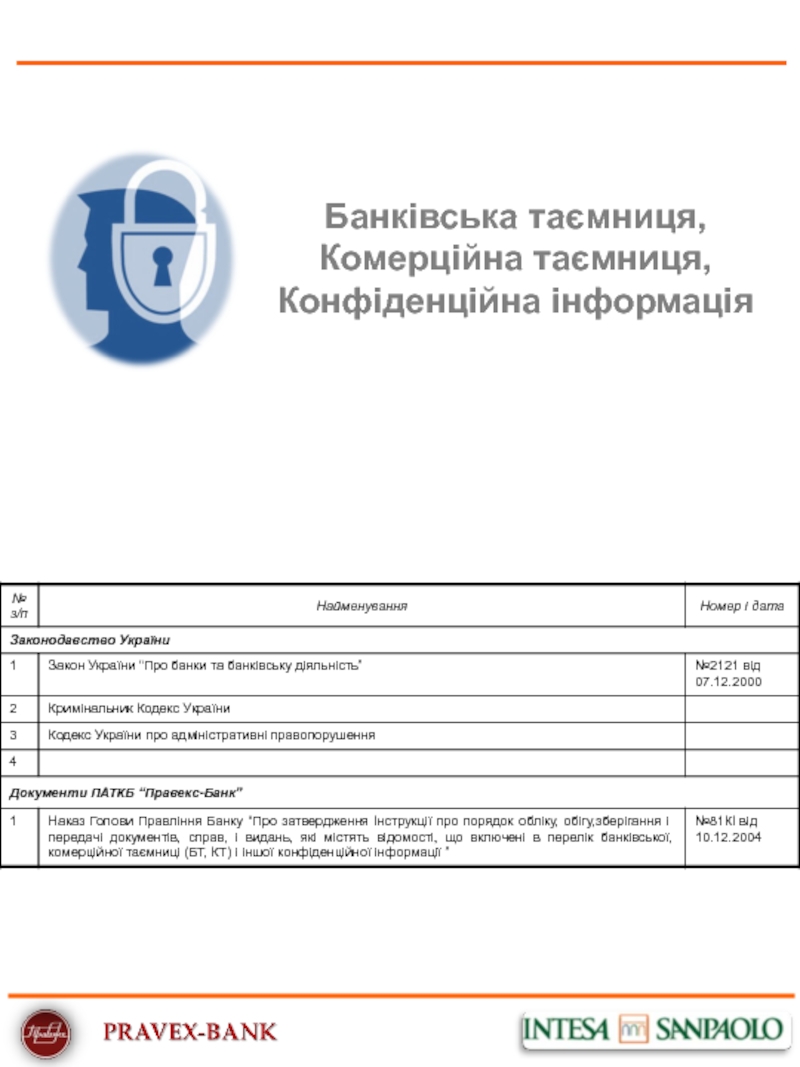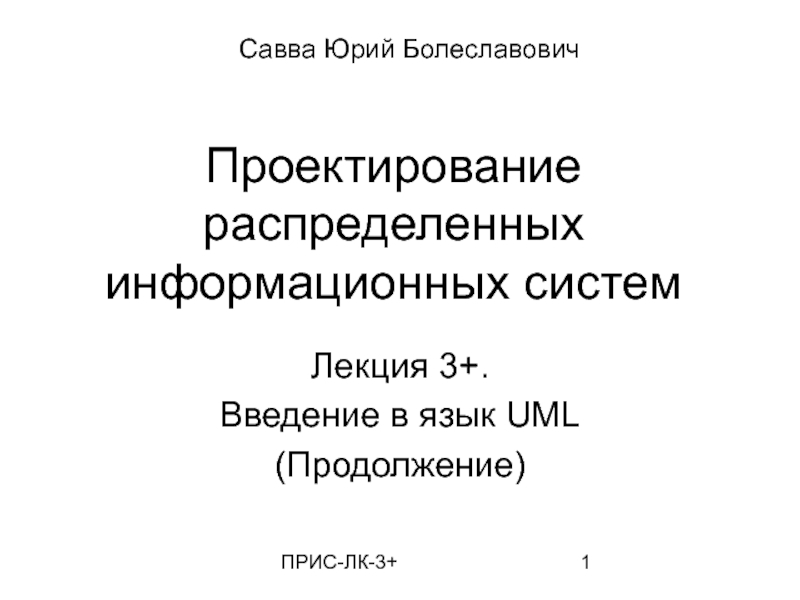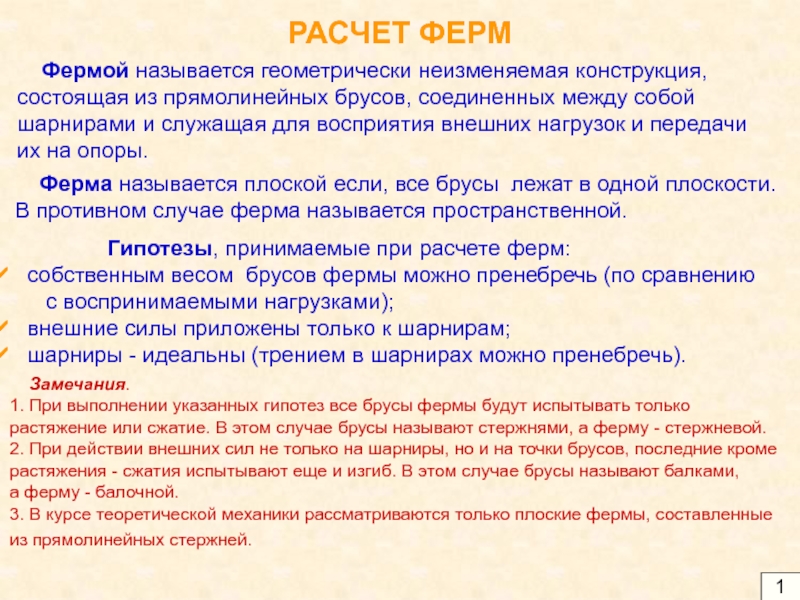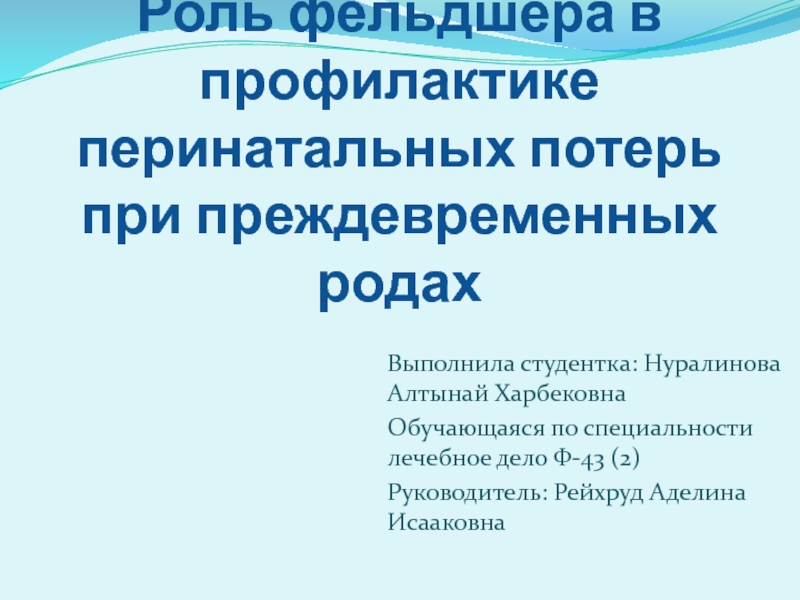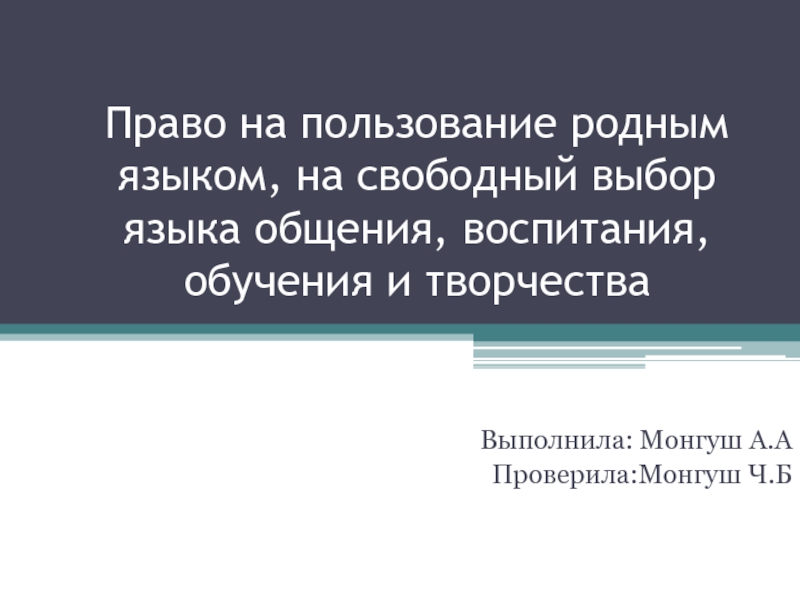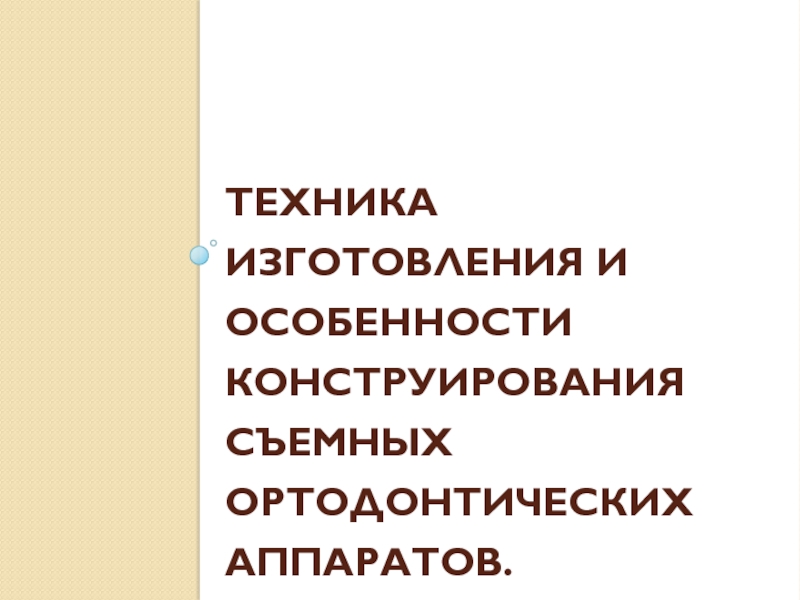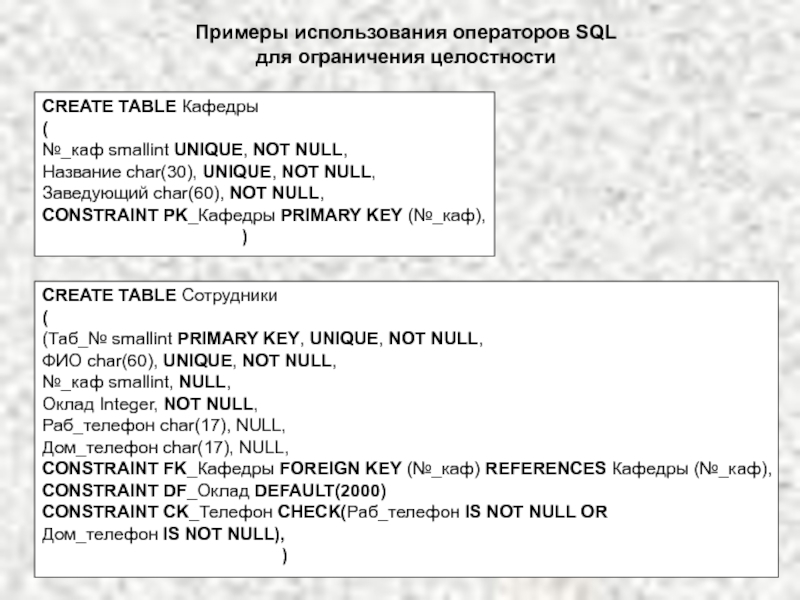Слайд 2Introduction
The rapid globalization of capital markets facilitates the free flow
of money around the world
Traditionally, national capital markets have been
separated by regulatory barriers
Therefore, it was difficult for firms to attract foreign capital
Many regulatory barriers fell during the 1980s and 1990s, allowing the global capital market to emerge
Today, firms can list their stock on multiple exchanges, raise funds by issuing equity or debt to investors from around the world, and attract capital from international investors
Слайд 3Benefits Of The Global Capital Market
There are market functions
that are shared by both domestic and international capital markets
However,
global capital markets offer some benefits not found in domestic capital markets
Слайд 4Functions Of A Generic Capital Market
Capital markets bring together investors
and borrowers
Investors include corporations with surplus cash, individuals, and non-bank
financial institutions
Borrowers include individuals, companies, and governments
Markets makers are the financial service companies that connect investors and borrowers, either directly or indirectly
Commercial banks are indirect market makers, and investment banks are direct market makers (http://en.wikipedia.org/wiki/Investment_bank)
Capital market loans can be equity (stock) or debt ( cash loans or bonds)
Слайд 5Functions Of A Generic Capital Market
Figure 11.1: The Main Players
in a Generic Capital Market
Слайд 6Attractions Of The Global Capital Market
Borrowers benefit from:
the additional
supply of funds global capital markets provide
the associated lower cost
of capital (the price of borrowing money or the rate of return that borrowers pay investors)
The cost of capital is lower in international markets because the pool of investors is much larger than in the domestic capital market
Слайд 7Attractions Of The Global Capital Market
Figure 11.2: Market Liquidity and
the Cost of Capital
SSg supply of money in German
market; SSi is supply in global market
So …. more $’s for less costs
Слайд 8Attractions Of Global Capital Market (GCM)
Investors also benefit from the
wider range of investment opportunities in GCMs that allow them
to diversify their portfolios and lower their risks
Studies show that fully diversified portfolios are only about 27 percent as risky as individual stocks
International portfolio diversification is even less risky because the movements of stock prices across countries are not perfectly correlated
This low correlation reflects the differences in nations’ macroeconomic policies and economic policies and how their stock markets respond to different forces, and nations’ restrictions on cross-border capital flows
Слайд 9
Figure 11.3: Risk Reduction through Portfolio Diversification
In probability
theory the expected value (or expectation value,) of a discrete
random variable is the sum of the probability of each possible outcome of the experiment multiplied by the outcome value (or payoff).
Слайд 10Growth Of The Global Capital Market
Global capital markets are growing
at a rapid pace
In 1990, the stock of cross-border bank
loans was just $3,600 billion
By 2006, the stock of cross border bank loans was $17,875 billion
The international bond market shows a similar pattern with $3,515 billion in outstanding international bonds in 1997, and $17, 561 billion in 2006
International equity offerings were $18 billion in 1997 and $377 billion in 2006
Слайд 11Growth Of The Global Capital Market
Two factors are responsible for
the growth of GCM
Advances in information technology
Financial services companies
now engage in 24-hour-day trading – the international capital market never sleeps
However, this also means that shocks that occur in one financial market spread around the globe very quickly
Слайд 12Growth Of The Global Capital Market
4. deregulation by governments
Traditionally,
governments have limited the ability of foreign investors to purchase
significant equity positions in domestic companies, and the amount of foreign investment citizens could make
Since the 1980s, these restrictions have been falling in response to the development of the Eurocurrency market, and also pressure from financial services companies
Слайд 13Growth Of The Global Capital Market
Many countries have also dismantled
capital controls making it easier for both inward and outward
investment to occur
This trend has spread from the developed world to the emerging nations
The global capital market is expected to continue to grow
Слайд 14Global Capital Market Risks
Some analysts worry that the deregulation of
capital markets and loosening of controls on cross-border capital flows
make individual nations more vulnerable to the destabilizing effects of speculative capital flows (flash capital)
Speculative capital flows may be (?) the result of inaccurate information about investment opportunities
If global capital markets continue to grow, better quality information is likely to be available from financial intermediaries
Слайд 15The Eurocurrency Market
A eurocurrency is any currency banked outside of
its country of origin
About two-thirds of all eurocurrencies are Eurodollars
(dollars banked outside the United States)
Other important eurocurrencies are the euro-yen, the euro-pound, and the euro-euro
Слайд 16Genesis And Growth Of The Market
The eurocurrency market began in
the 1950s when the Eastern bloc countries were afraid the
United States might seize their holdings of dollars
So, instead of depositing their dollars in the United States, they deposited them in Europe
Additional dollar deposits came from Western European central banks and companies that exported to the United States
In 1957, the market surged again after changes in British laws
Today, London continues to be the leading center of the eurocurrency market
Слайд 17Growth Of The Global Capital Market
In the 1960s, the market
grew once again when, after changes in U.S. regulations discouraged
U.S. banks from lending to non-U.S. residents, would-be borrowers of dollars outside the United States turned to the euromarket as a source of dollars
The next big increase in the eurocurrency market came after the 1973-74 and 1979-80 oil price increases
OPEC members avoided potential confiscation of their dollars by depositing them in banks in London
Слайд 18Attractions Of The Eurocurrency Market
The eurocurrency market is attractive to
depositors and borrowers because it is not regulated by the
government
This means that banks can offer higher interest rates on eurocurrency deposits than on deposits made in the home currency
Similarly, banks can also charge lower interest rates to eurocurrency borrowers than to those who borrow the home currency
The spread between the eurocurrency deposit and lending rates is less than the spread between the domestic deposit and lending rates giving eurocurrency banks a competitive edge over domestic banks
Слайд 19Attractions Of The Eurocurrency Market
Figure 11.4: Interest Rate Spreads in
Domestic and Eurocurrency Markets
Слайд 20Drawbacks Of The Eurocurrency Market
The eurocurrency market has two drawbacks:
1.
because the eurocurrency market is unregulated, there is a higher
risk of bank failure
2. companies borrowing eurocurrencies can be exposed to foreign exchange risk
Слайд 21The Global Bond Market
The global bond market grew rapidly during
the 1980s and 1990s
The most common kind of bond is
a fixed rate bond which gives investors fixed cash payoffs
There are two types of international bonds:
1. foreign bonds are sold outside the borrower’s country and are denominated in the currency of the country in which they are issued
2. eurobonds are underwritten by a syndicate of banks and placed in countries other than the one in whose currency the bond is denominated
Слайд 22Attractions Of The Eurobond Market
The eurobond market is attractive
for three main reasons:
1. it lacks regulatory interference – since
companies do not have to adhere to strict regulations, the cost of issuing bonds is lower
2. it has less stringent disclosure requirements than domestic bond markets – it can be cheaper and less time consuming to offer eurobonds than to issue dollar-denominated bonds
3. it is more favorable from a tax perspective – eurobonds can be sold directly to foreign investors
Слайд 23The Global Equity Market
The largest equity markets are in the
United States, Britain, and Japan
Today, many investors invest in foreign
equities to diversify their portfolios
In the future, this type of trend may result in an internationalization of corporate ownership
Companies are also helping to promote this type of shift by listing their stock in the equity markets of other nations
By issuing stock in other countries, firms open the door to raising capital in the foreign market, and give the firm the option of compensating local managers and employees with stock
Слайд 24Foreign Exchange Risk
And The Cost Of Capital
Adverse exchange rates
can increase the cost of foreign currency loans
While it may
initially seem attractive to borrow foreign currencies, when exchange rate risk is factored in, that can change
Firms can hedge their risk by entering into forward contracts to purchase the necessary currency and lock in the exchange rate, but this will also raise costs
Firms must weigh the benefits of a lower interest rate against the risk of an increase in the real cost of capital due to adverse exchange rate movements
Слайд 25Implications For Managers
Growth in global capital markets has created opportunities
for firms to borrow or invest internationally
Firms can often borrow
at a lower cost than in the domestic capital market
Firms must balance the foreign exchange risk associated with borrowing in foreign currencies against the costs savings that may exist
The growth of capital markets also offers opportunities for firms, institutions, and individuals to diversify their investments and reduce risk
Again, though investors must consider foreign exchange rate risk
